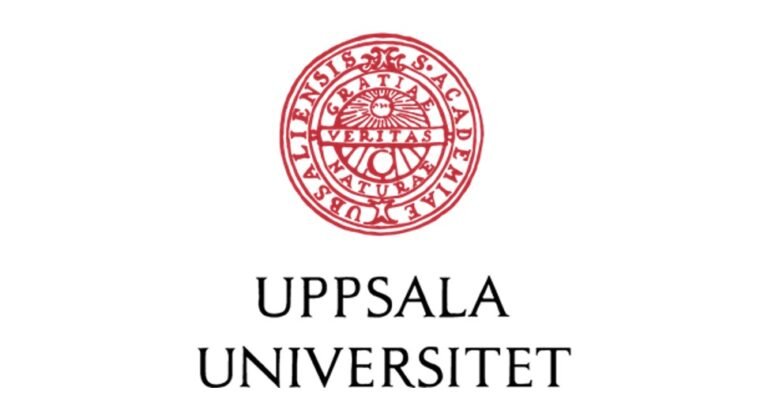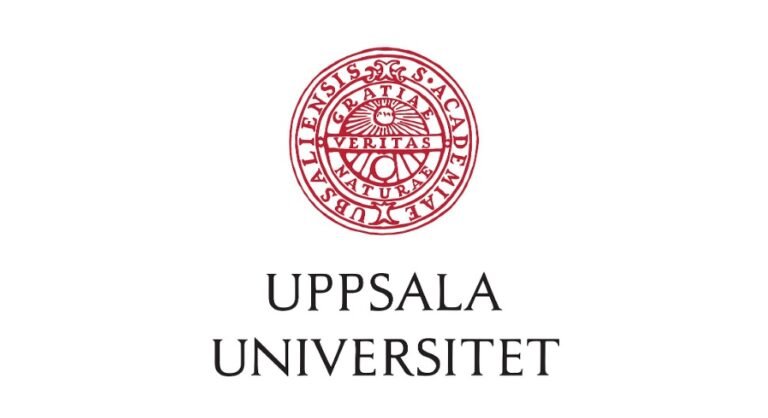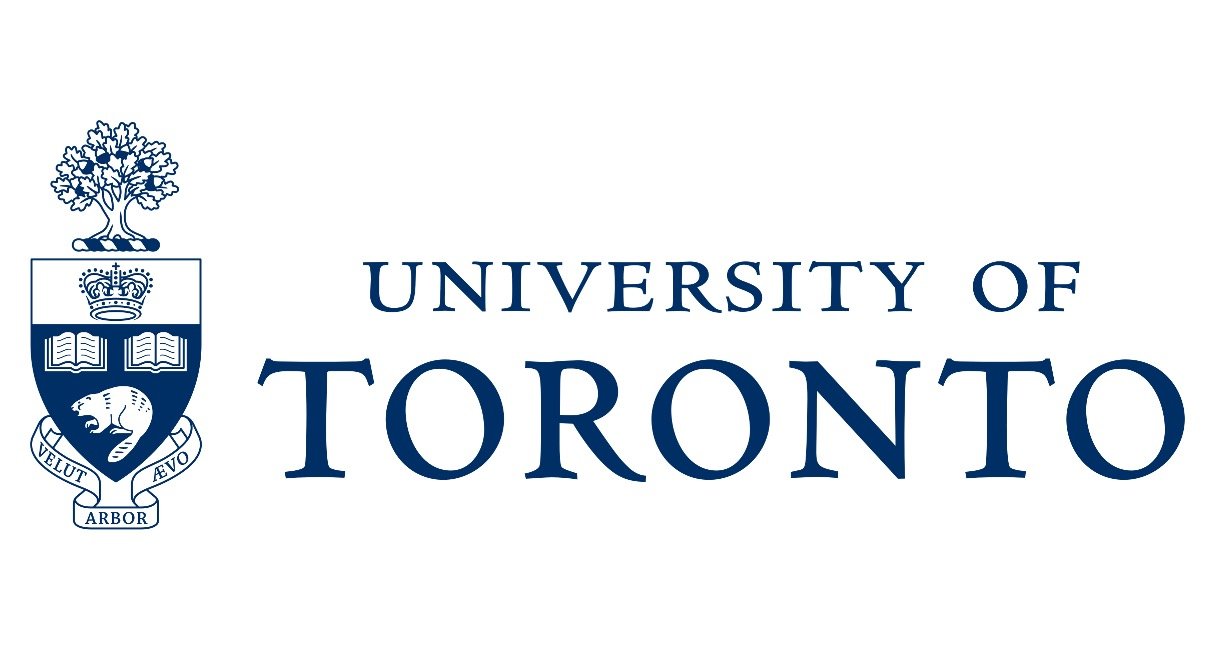Are you interested in developing novel computational techniques and contributing to an imaging modality that reveals unique insights into tissues? Would you like to join a skilled and friendly research team in an international environment with favorable working conditions? If so, this PhD position at Uppsala University could be for you.
Uppsala University (UU) is the oldest university in Sweden and the Nordic countries. The Department of Information Technology is UU’s third largest department, hosting around 5,000 undergraduate students and 350 employees, including PhD students, academics, and administrative staff. The PhD student will join the Image Analysis unit within the Vi3 Division, home to several groups conducting research in this field.
Under the supervision of Prof. Orcun Göksel, the student will work in the Computer-assisted Applications in Medicine research group, focusing on computational methods, including machine learning and deep learning for biomedical imaging. Collaboration with the Analytical Chemistry division at the Department of Chemistry – BMC will provide additional expertise, with co-supervision by Prof. Ingela Lanekoff, whose research emphasizes innovative mass spectrometric imaging of lipids and metabolites from biological surfaces.
This position is part of the eSSENCE graduate school for data-intensive sciences, in collaboration with SciLifeLab. eSSENCE unites researchers in computational science and data-driven applications to accelerate discoveries in data-intensive sciences. The program offers ample networking opportunities, participation in seminars, workshops, and doctoral courses focused on methodologies for data-intensive science.
You can read here more about being employed as a PhD student at Uppsala University.
Project description
Mass spectrometry measures thousands of chemical signatures in samples, with mass spectrometry imaging (MSI) mapping spatially-resolved chemical distributions across tissue surfaces without staining or prior knowledge. MSI generates vast datasets due to high spatial resolution and spectral dimensions, but traditional methods reduce data manually, targeting specific molecules, tissue subregions, and preprocessing steps, often losing valuable information.
This PhD project focuses on developing computational models and solutions in computer vision for MSI data analysis. Key goals include advancing large-scale data analysis, dimensionality reduction, and learning-based techniques to recover lost information and explore previously inaccessible insights. These methods aim to enhance MSI’s ability to reveal biological and pathological information, such as for cancer and multiple sclerosis research, while leveraging complementary imaging modalities and metabolic databases to identify novel chemical fingerprints
Duties
The doctoral student will primarily devote their time to graduate education. Additional departmental duties, such as teaching assistantship and minor administrative tasks, may comprise up to 20% of the student’s workload.
Requirements
To meet the entry requirements for doctoral studies, you must
- hold a Master’s (second-cycle) degree in computer science, engineering, data sciences, applied mathematics, machine learning, or another related field, or
- have completed at least 240 credits in higher education, with at least 60 credits at Master’s level including an independent project (e.g., a thesis) worth at least 15 credits, or
- have acquired substantially equivalent knowledge in some other way.
We are looking for candidates with:
- A solid computational and analytical understanding and academic background, including experience in image analysis;
- A strong interest in thoroughly understanding the nature of involved systems, data, and models, to devise, develop, and test novel solutions for their advancement;
- Proficiency in programming and relevant experience;
- Excellent communication skills in oral and written English;
- Creativity, thoroughness, and a structured approach to problem-solving;
- A collaborative mindset and enthusiasm for interdisciplinary work.
Consideration will also be given to good collaborative skills, drive, and independence, and how the applicant’s experience and skills complement and strengthen ongoing research within the department, and how they stand to contribute to its future development.
Additional qualifications
Experience with calculus, linear algebra, optimization, probability theory, and numerical methods is desirable. Proficiency in Python and Matlab is preferred, and experience with deep learning frameworks such as PyTorch or TensorFlow is an advantage.
Rules governing PhD students are set out in the Higher Education Ordinance chapter 5, §§ 1-7 and in Uppsala University’s rules and guidelines. For special entry requirements, read more here.
The application must include:
- CV;
- Degrees and transcripts with grades (with course name translations in English or Swedish), with the rank/percentile in the graduating class or within a large comparison group indicated in the CV;
- A short cover letter (at most one page) containing:
- earliest possible start date (with reasons if applicable);
- a brief bullet-point list of three major academic or scientific achievements;
- (optional) a bullet-point list for additional explanations that the applicant may wish to clarify (e.g., limited experience in a qualification aspect, gaps between degrees, or academic delays) or other remarks, if any.
- A reading sample, e.g., Master’s thesis (or its draft) or another self-produced scientific text. For contributions to joint publications, include a list in the CV with links to papers online, and add the publication with the applicant’s largest contribution as a second reading sample;
- Contact details (names, emails, and telephone numbers) of minimum two references, also specifying the context, duration, and nature of the relationship with the candidate. Reference letters may be provided as supporting document.
About the employment
The employment is a temporary position according to the Higher Education Ordinance chapter 5 § 7. Scope of employment: 100%. Starting date: Spring 2025 or as agreed. Placement: Uppsala
For further information about the position, please contact: Orcun Göksel, Professor, Department of Information Technology, orcun.goksel@it.uu.se
Please submit your application by 13 January 2025, UFV-PA 2024/4144.
Are you considering moving to Sweden to work at Uppsala University? Find out more about what it´s like to work and live in Sweden.
Uppsala University is a broad research university with a strong international position. The ultimate goal is to conduct education and research of the highest quality and relevance to make a difference in society. Our most important asset is all of our 7,600 employees and 53,000 students who, with curiosity and commitment, make Uppsala University one of Sweden’s most exciting workplaces.
Read more about our benefits and what it is like to work at Uppsala University
https://uu.se/om-uu/jobba-hos-oss/
The position may be subject to security vetting. If security vetting is conducted, the applicant must pass the vetting process to be eligible for employment.
Please do not send offers of recruitment or advertising services.
Submit your application through Uppsala University’s recruitment system.





